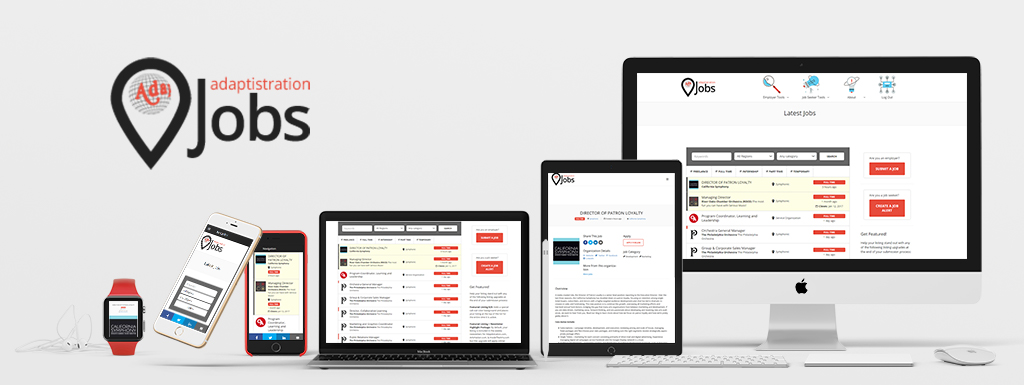At least that’s the premise for Holly Mulcahy’s latest installment of how different stakeholders within the business push away potential audience members. I find myself agreeing with most of her points and if anything, I think she could have focused more of the article on the different ways managers create (or fail to create) an inviting concert environment…

Although the entire enterprise is about the music coming from the stage, that component remains very static for most listeners whereas all of the other dynamic factors they experience are controlled by management. Managers influence everything from delivering driving directions to the box office to coat check. In fact, the amount of time concertgoers spend in non-listening activity is equal to if not greater than the actual music making.
Unfortunately, one of the most difficult accomplishments for any manager is to experience their organization’s concert experience through the perspective of newbies or infrequent concertgoers. Yet this is precisely the sort of viewpoint any good management team needs to continually refine and improve the concert experience. One point in Holly’s article strikes at the heart of this issue:
6) Only sit in the boxes.
Whether you’re the top executive or department manager you should be seen in expensive seats alongside elite patrons. This allows everyone know you are a high class executive manager. During intermission, avoid average patrons by escaping to the donor lounge as this not only allows you to hobnob with important donors, it also keeps you from awkward conversation with the general public (see Point #4).
One of my favorite books is called “New Secrets of Entertaining: Tips from America’s Best Innkeepers” by Gail Greco. In the first chapter, one of the innkeeper’s recommendations is to “Spend one night in your guest room to determine if the furniture is placed in the best arrangement. This offers clues to any missing amenities.”
Orchestra managers would do well to take this advice to heart since to know their own “house” can only be achieved by experiencing as many parts of it as possible. Restricting attendance to box or other premium seats steals valuable information that might be collected during concerts. For example, can you hear the conductor speak without a microphone in the back of the hall? Is it easy for the ushers to seat late comers?
Of course, enjoying concerts with important donors must be in a box or expensive seats but when attending multiple performances of the same concert program, a manager can learn more about the hall and the overall concert experience by listening to a larger cross section of ticket buyers by experiencing the concert in the same environment. Who know, you might actually get to know some of them).
Ultimately, if the music making isn’t any good it doesn’t matter how well any manager or staffer is at their job; the audience will still fade away. However, the opposite is just as true and even through there may be terrific music making happening onstage, if all of the other dynamic variables that comprise the concert experience are being poorly implemented, the audience fades away just the same.


